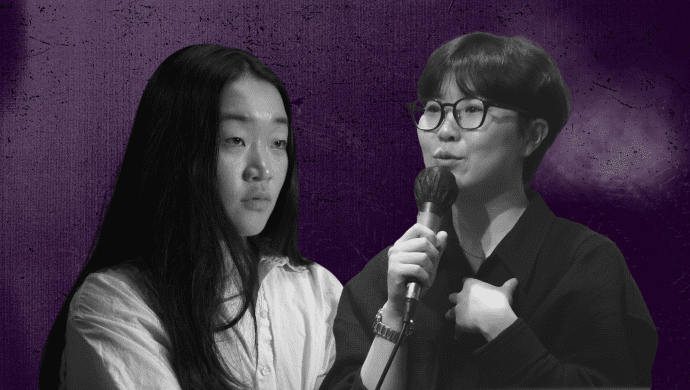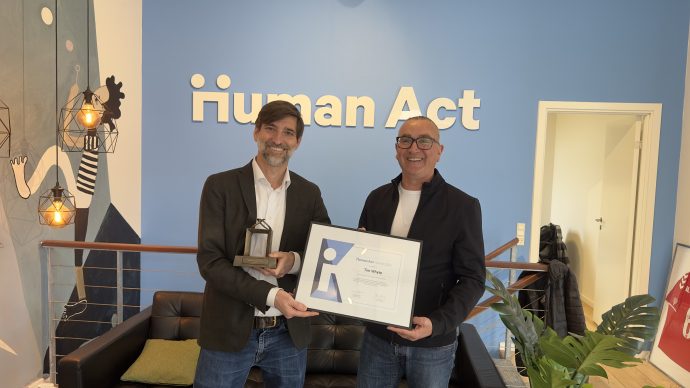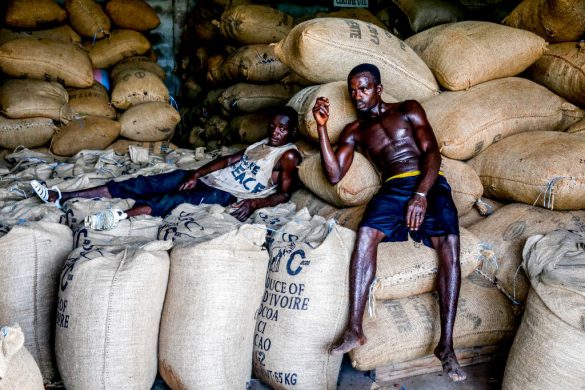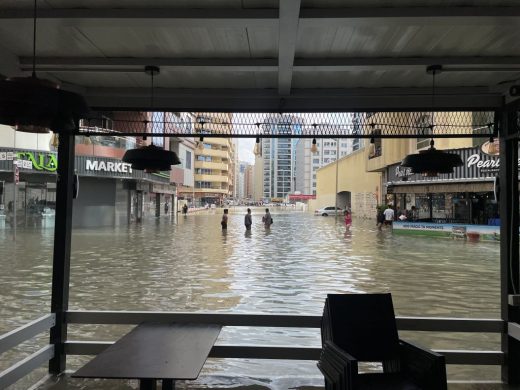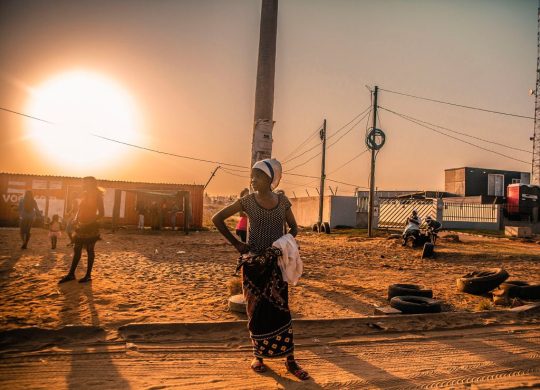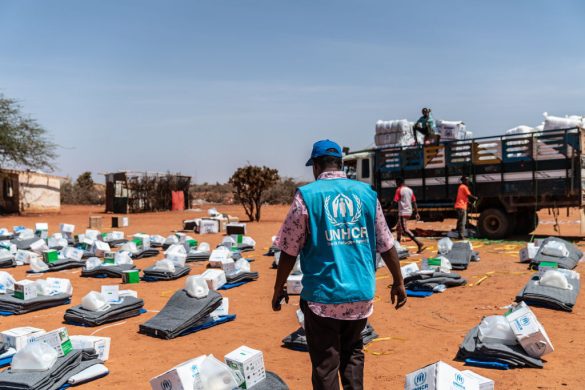The new law, in addition to some other measures, were detailed in Morocco’s 2017 periodic report on its implementation of the 2005 Convention.
These steps echo the findings of a new study carried out in 2016 by the Ministry of Economy and Finance, demonstrating the immense potential of cultural industries in terms of growth, employment, inclusion, and trade in goods and services.
Cultural economy
Challenges remain, however. In 2014, according to a Ministry of Culture statistical report, the export of music and other digital media records amounted to 36 million Moroccan dirhams (US$ 3.9 million), while the value of imports amounted to 197 million Moroccan dirhams (US$ 21.3 million).
There are still too few job opportunities for creators and music producers. In recent years, the number of arts festivals has increased significantly, as have some music festivals (e.g. Visa for Music in Rabat). Nevertheless, effective policies still need to take a holistic approach to support the value chain (moving from creation to access through production and distribution) and adapt to changes in the digital environment.
Recent statistics from the Ministry of Culture also show that as of 2015, women accounted for only 22% of artists holding the professional card provided by the Ministry. In the field of music, the figure falls to 15%, despite the adoption of a Government Plan for Equality “ICRAM” (2012-2016), which includes measures to promote the participation of women in the creative industries.
Launch of developmental project
It is in this context that UNESCO organized in Rabat, on 13 March 2018, a consultation meeting for the implementation of the project “Music as a driver of sustainable development in Morocco“. Funded by the German Federal Ministry for Economic Cooperation and Development, BMZ and implemented by the UNESCO Office for the Maghreb in cooperation with the Moroccan Ministry of Culture and Communication, this two-year pilot project aims to strengthen, through appropriate policies and measures, the music sector as a source of integration, employment and income, especially for young people. Among the planned activities: development of a national strategy, support for the professionalization of music education, implementation of pilot projects for artist residencies, and actions in favor of digital distribution.
“We need to take advantage of the high potential of culture and creative industries for value creation, income and employment, especially for young people, while focusing on education and training,” said Marcela Masiarik, representative of the German ministry.
The meeting in Rabat was preceded on 12 March by a public presentation of the 2018 UNESCO Global Report “Re | Shaping Cultural Policies“, followed by a debate, with the participation of Brahim El Mazned, Director of the Visa for Music Festival, and Christine M. Merkel, Director of the Culture Program at the German National Commission for UNESCO.
The importance of cultural expressions
“Ensuring the plurality and diversity of cultural expressions is essential. The Visa For Music festival, the Bureau of Moroccan Music Export or projects such as the production of anthologies of music in Morocco allow the principles of the 2005 Convention to be put into practice. They make culture a reality and a real factor of sustainable economic and social development,” emphasized Mr. El Mazned during the debate.
This Global Report assesses on a regular basis the impact of policies and measures taken worldwide to implement the 2005 UNESCO Convention on the Protection and Promotion of the Diversity of Cultural Expressions. It offers a new perspective on innovations and challenges in the governance of culture and support for creativity policies, through different themes: cultural policy, digital domain, civil society, sustainable development, mobility of artists, gender equality and artistic freedom.
“In Morocco, and beyond, it is important to invent public policies that support a rich, diverse and accessible cultural offer. Thanks to digital platforms, export strategies and new patterns of South-South mobility, new voices are emerging,” concluded Ms. Merkel.
Læs mere hos UNESCO



